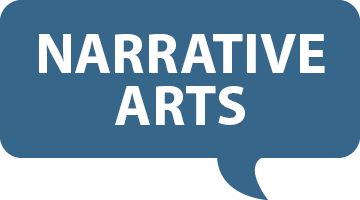Blog
Changing history, in more ways than one
 In June 2001, writer Sarah Schulman heard an NPR report on the 20th anniversary of AIDS, and it presented a troubling narrative. She recalls the announcer saying: “At first America had trouble with People With AIDS. But they came around.” That’s Schulman writing in a 2003 statement about why she co-founded the ACT UP Oral History Project.
In June 2001, writer Sarah Schulman heard an NPR report on the 20th anniversary of AIDS, and it presented a troubling narrative. She recalls the announcer saying: “At first America had trouble with People With AIDS. But they came around.” That’s Schulman writing in a 2003 statement about why she co-founded the ACT UP Oral History Project.
Schulman continues, “Actually, what really took place was this: thousands of people, over many years, dedicated their lives to achieving a cultural and scientific transformation. In other words, a nation that had always hated and humiliated and violated gay people, was forced—against their will—to behave differently than they wished to, because activists intervened and took control of a terrible situation, thereby changing it.”
She talked with her longtime friend Jim Hubbard. She says, “We decided to create a raw database of video interviews with surviving members of [AIDS activist organization] ACT UP New York, so that they can say what they experienced and created and how they feel about it. And that in this historical moment … when many of us feel that we cannot make change—we can watch people who did make change, and find out how it’s done.” The database of over 100 videotaped interviews also serves as source material for journalists, historians, media-makers and others who want to tell their own stories, and issue correctives to the notion that change ‘just happens.’
The ACT UP Oral History Project is a demonstration of how to change history in more ways than one—both ACT UP’s success in shifting the course of the epidemic, and also the Oral History Project’s creation of a more complete historical record.
